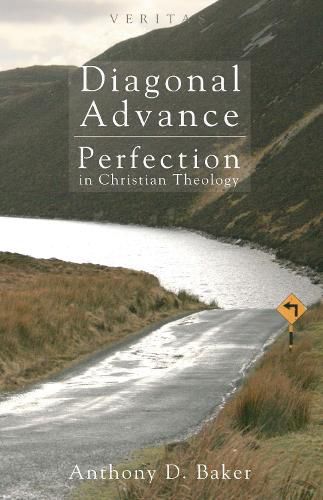Readings Newsletter
Become a Readings Member to make your shopping experience even easier.
Sign in or sign up for free!
You’re not far away from qualifying for FREE standard shipping within Australia
You’ve qualified for FREE standard shipping within Australia
The cart is loading…






Diagonal Advance argues for a radical revision of Christian thinking about the purpose of human life. Perfection is neither a vertical drop from the divine, nor a horizontal progression through social and personal development. Rather, it is a diagonal advance into the divine perfections through the perfecting of material culture. This vision is, the author argues, in line with the account of human ends that emerges from the Greek and Hebrew background, in the New Testament and in the classical Christian era. When the late medieval and early modern writers of theology and literature begin to name the problem differently, the classical vision is distorted, so that human perfecting and the divine perfections have little to do with one another. Through a critical engagement with contemporary texts, concluding with a dramatic revision of the Prometheus mythology, the author argues for a renewed diagonalizing of Christian perfection.
$9.00 standard shipping within Australia
FREE standard shipping within Australia for orders over $100.00
Express & International shipping calculated at checkout
Diagonal Advance argues for a radical revision of Christian thinking about the purpose of human life. Perfection is neither a vertical drop from the divine, nor a horizontal progression through social and personal development. Rather, it is a diagonal advance into the divine perfections through the perfecting of material culture. This vision is, the author argues, in line with the account of human ends that emerges from the Greek and Hebrew background, in the New Testament and in the classical Christian era. When the late medieval and early modern writers of theology and literature begin to name the problem differently, the classical vision is distorted, so that human perfecting and the divine perfections have little to do with one another. Through a critical engagement with contemporary texts, concluding with a dramatic revision of the Prometheus mythology, the author argues for a renewed diagonalizing of Christian perfection.